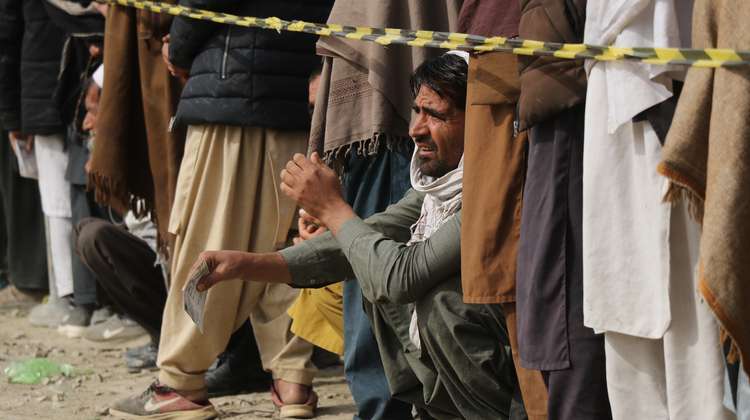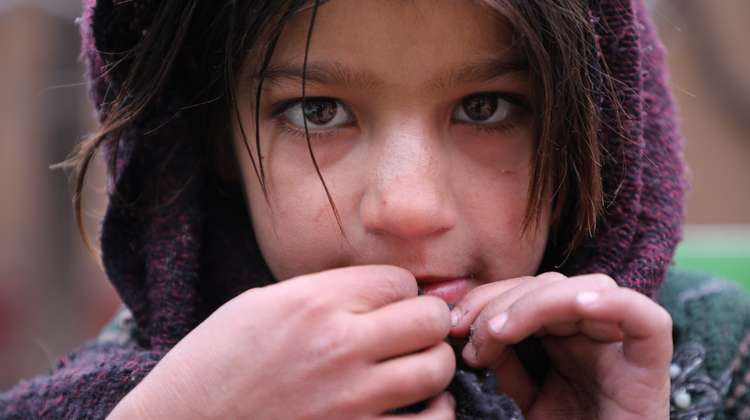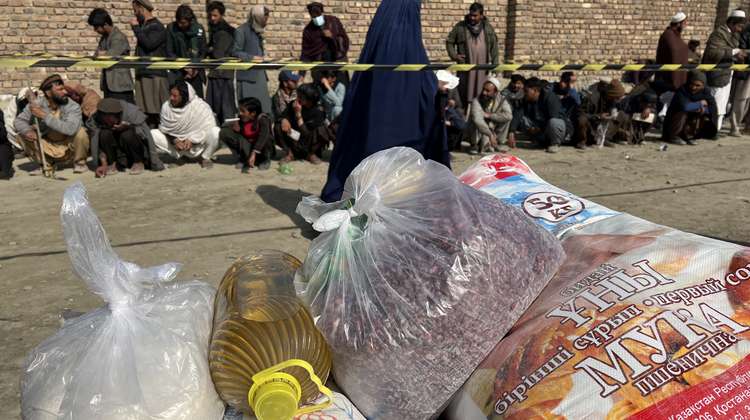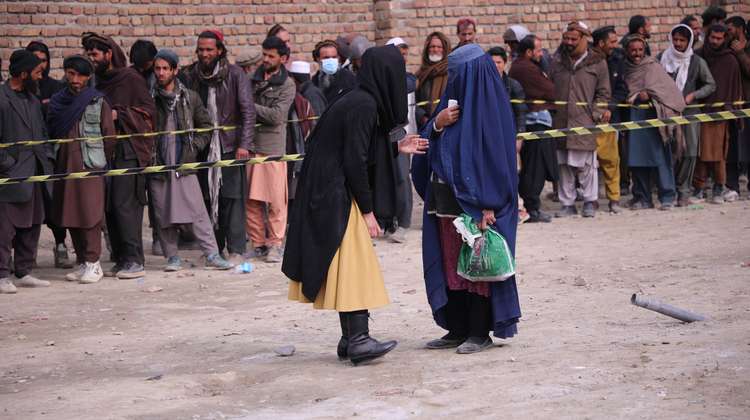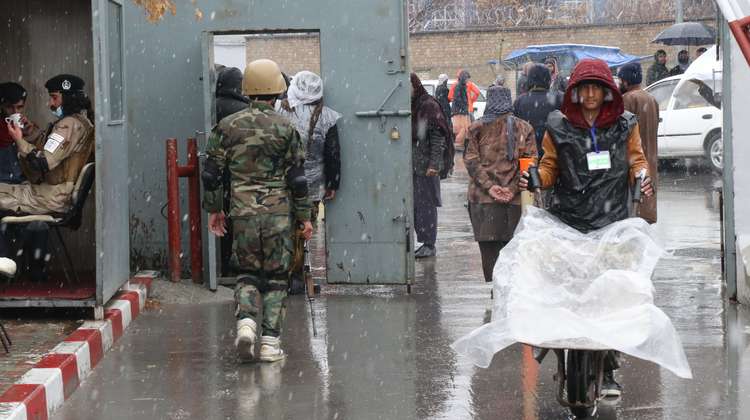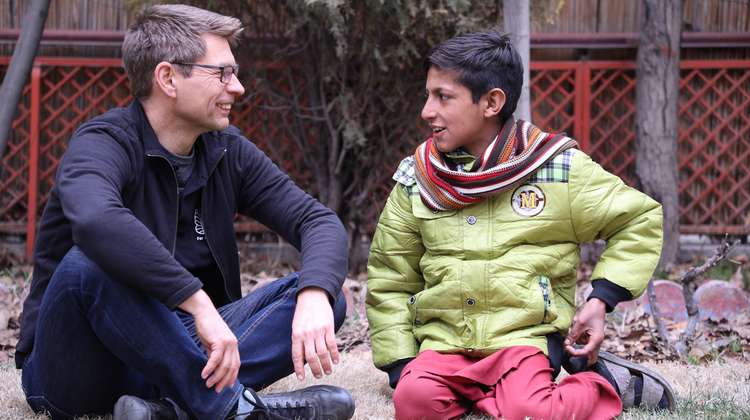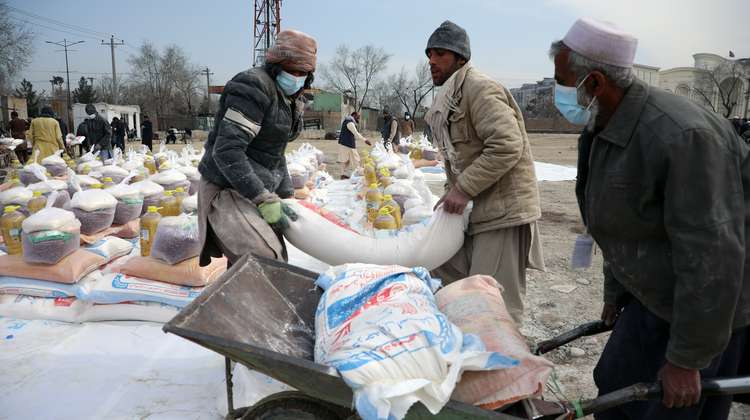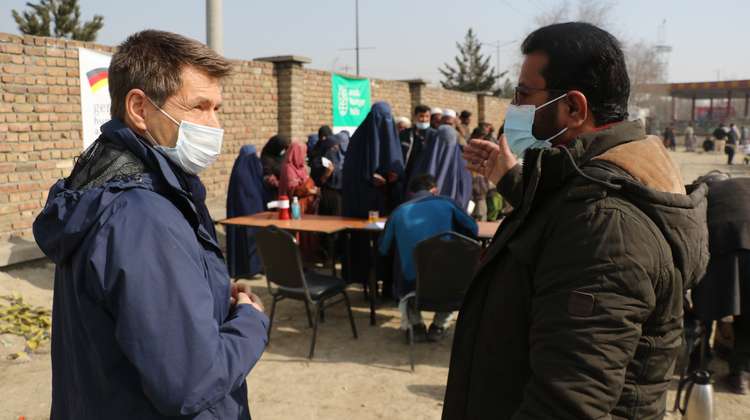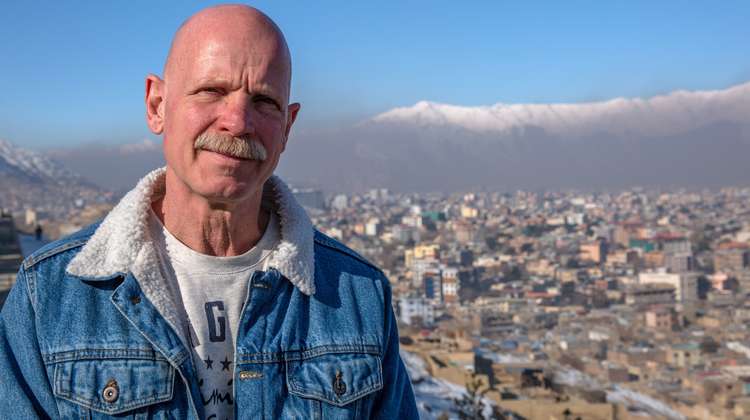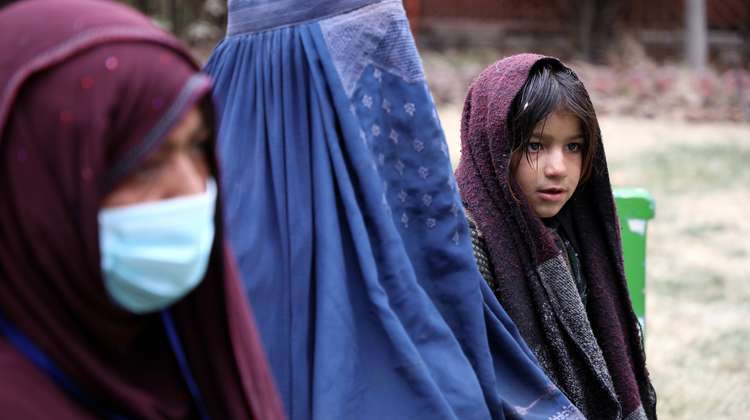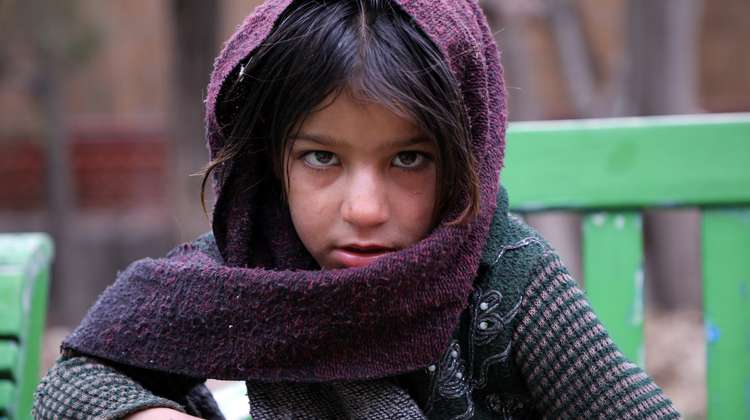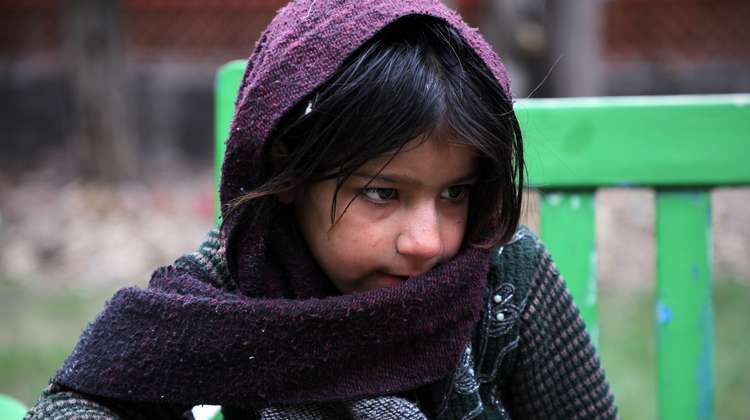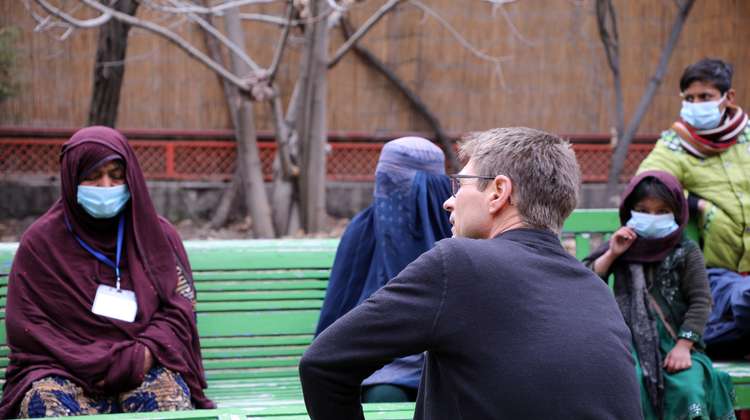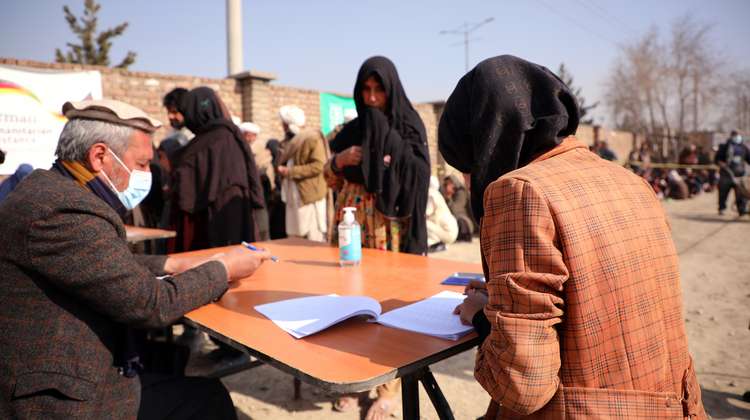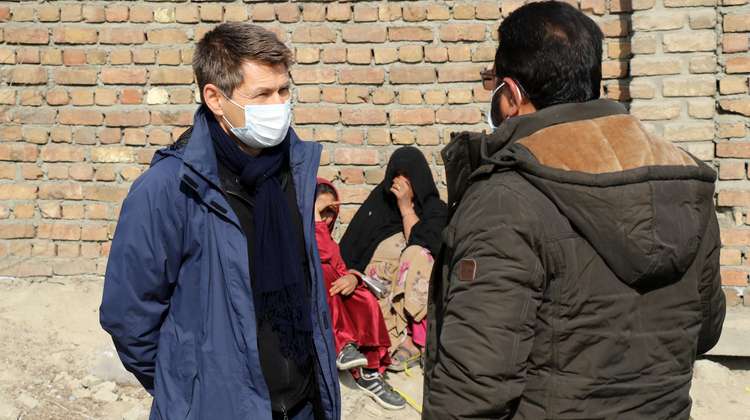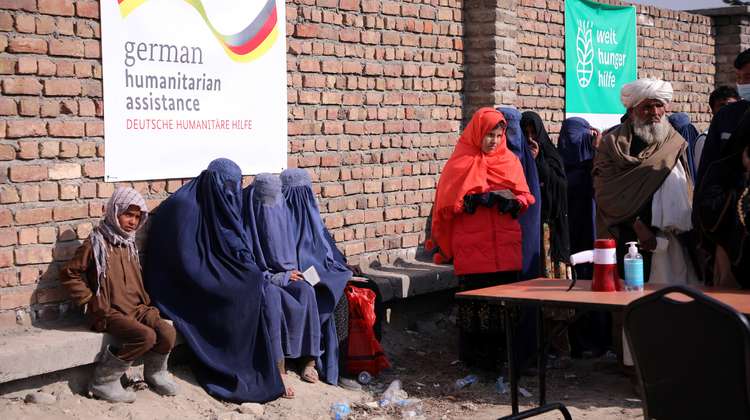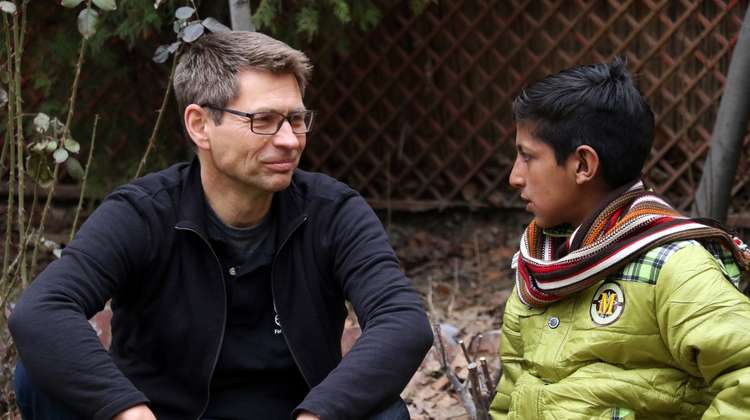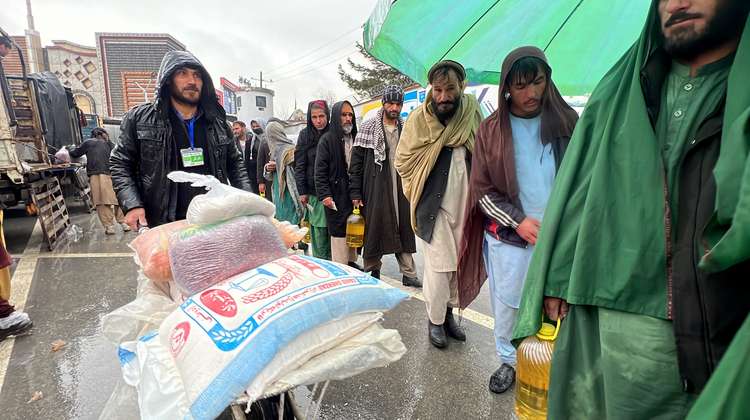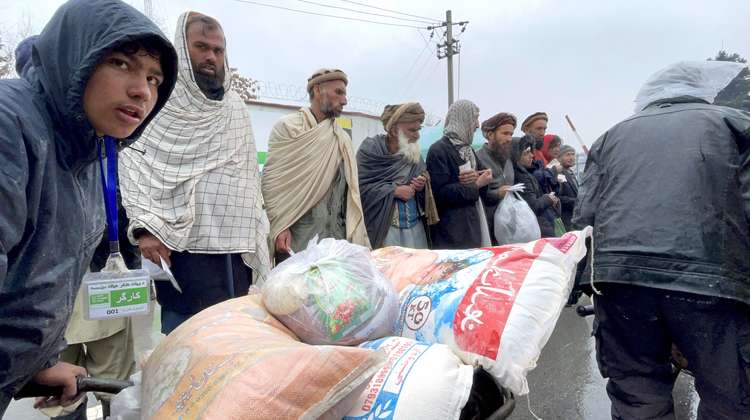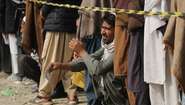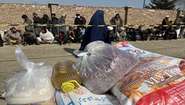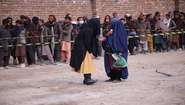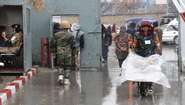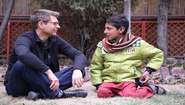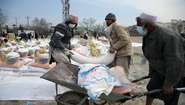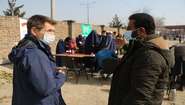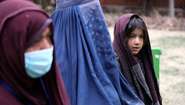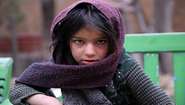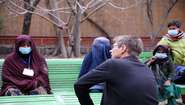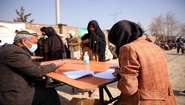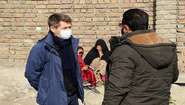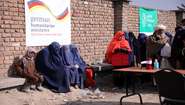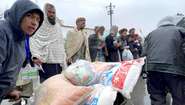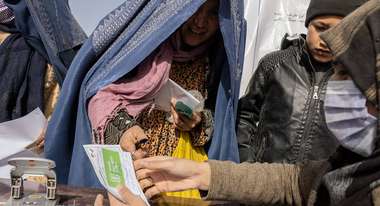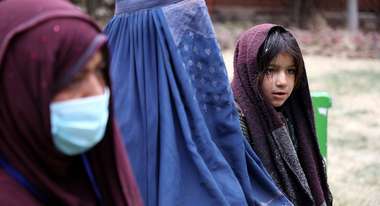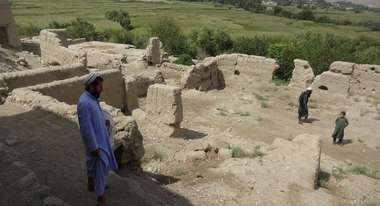“We Cannot Abandon People to Hunger!”
With an international donor conference coming up, Welthungerhilfe is warning of yet another escalation in the already severe hunger crisis in Afghanistan.
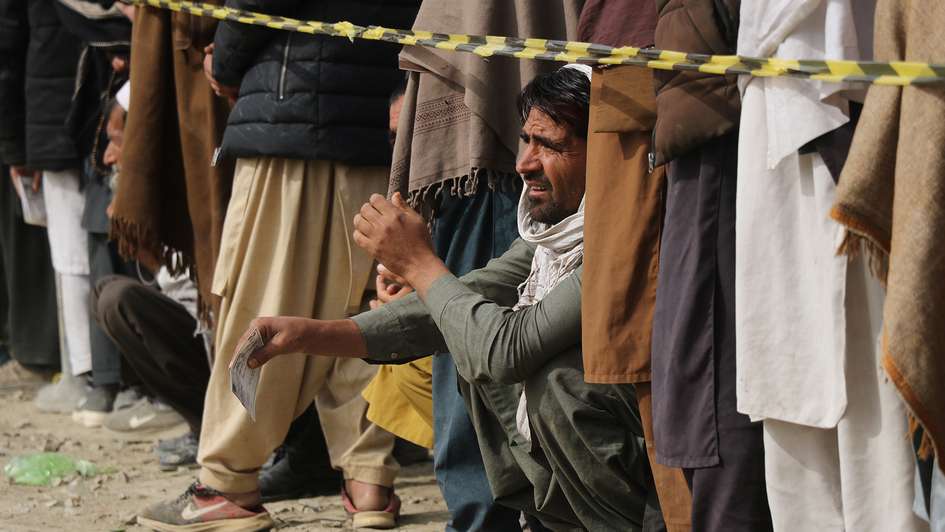
Bonn/Berlin, 2022-03-29. With an international donor conference coming up, Welthungerhilfe is warning of yet another escalation in the already severe hunger crisis in Afghanistan, where 95 percent of the population no longer has adequate nutrition. Seven out of every ten families are in a permanent crisis mode. This means more than missing entire meals and being unable to pay for urgently needed doctors’ visits or medications; out of their great need, families marry girls off young and increasingly send children to work. This catastrophic situation is coming to a head because of rising food and fuel prices due to the war in Ukraine.
“Afghanistan is in free fall. The sanctions are crushing the economy and preventing money from entering the country. Agricultural production will continue to plummet because farmers cannot purchase seeds or fertiliser due to drastic price hikes. Many well-educated, younger people are finding ways to leave the country. We are facing a terrible dilemma: The renewed closure of secondary schools for girls has shown that the new government does not respect the rights of women. We cannot accept this. We must make the participation of women a prerequisite for co-operation. The population is also suffering from hunger and poverty, and we are risking the future of an entire generation that now lacks both adequate nutrition and a proper education. We cannot allow the people of Afghanistan to be held hostage by their government, and we cannot abandon an entire generation to hunger,” states Thomas ten Boer, Welthungerhilfe’s country director in Kabul.
Looking ahead to the international conference, which Germany is co-organising, Welthungerhilfe is calling for sufficient funding to go to humanitarian survival aid and to long-term projects that focus on agricultural self-sufficiency or income-generating activities, for example. Frozen funds, including at the World Bank, should be partially released to international and local organisations for projects that provide basic social services to vulnerable people or families in need. In addition, special project funds should be created to offer targeted support for local women’s initiatives with flexibility and long-term viability.
Interviews: Thomas ten Boer, Welthungerhilfe’s country director in Kabul, is available for interview (in English).
Press Photos
Please download high quality images via click on the photo and click on the link "Originalgröße herunterladen" below the picture.
Usage note:Please note that the pictures may only be used in a Welthungerhilfe context and may not be passed on to third parties. Images must bear the credit copyright "Photographer/Welthungerhilfe". No long-term archiving. Please delete pictures after use!
Welthungerhilfe has been active in Afghanistan since 1980. From the country office in Kabul and four regional offices in the provinces of Nangarhar, Samangan, Jawzjan, and Kabul, over 120 employees are currently co-ordinating 19 projects financed by organisations including AA, BMZ, FAO, and WFP.
If required, we can provide you with footage from Afghanistan.
Welthungerhilfe turns 60 this year. It is one of the largest private aid organizations in Germany; politically independent and non-denominational. With courage and determination, it is striving for a world without hunger. Since it was founded on December 14, in 1962, 10,369 overseas projects in about 70 countries have been supported with 4.2 billion euros. Welthungerhilfe works on the principle of help for self-help: from fast disaster relief to reconstruction and long-term development cooperation projects with national and international partner organisations.





